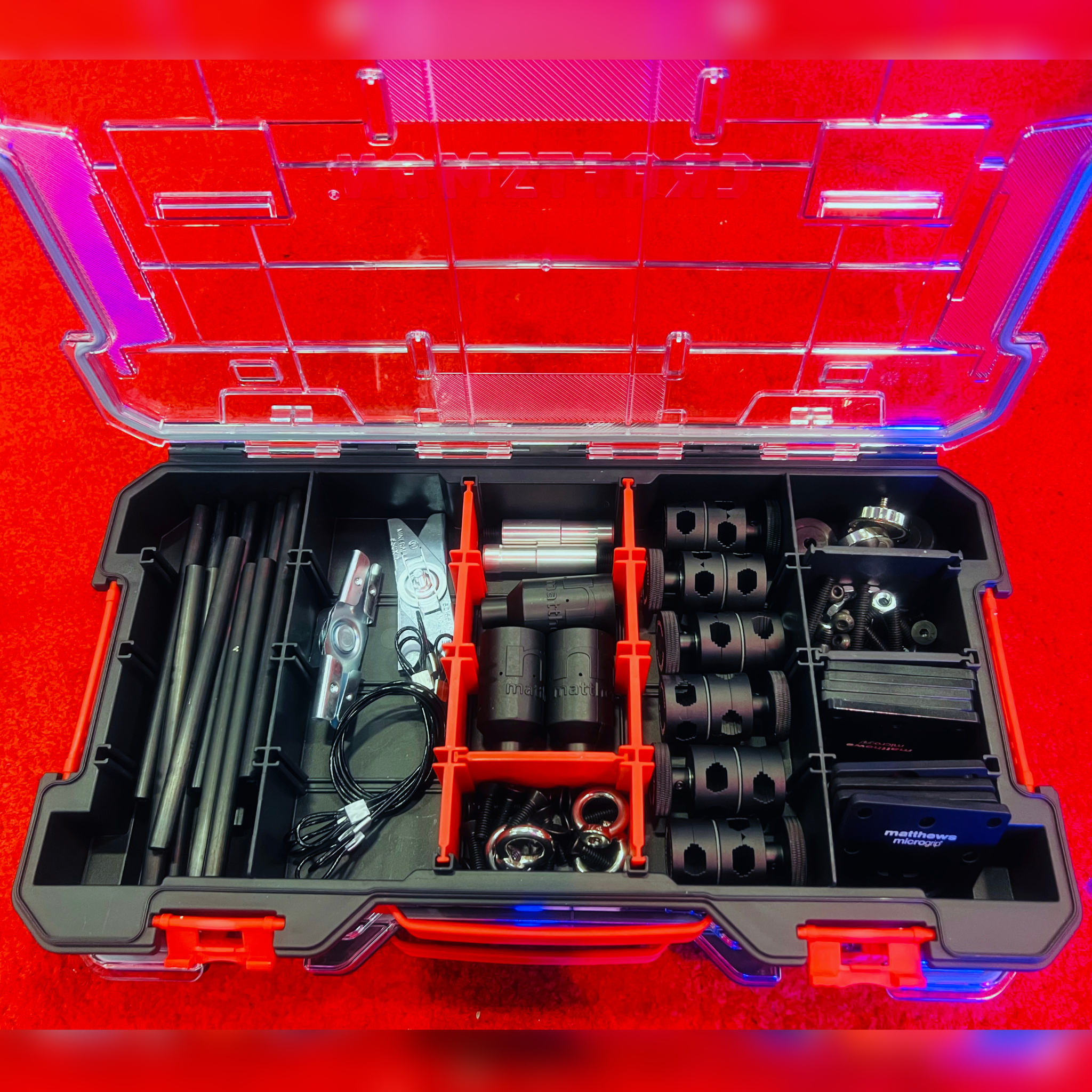Incentive auctions
Three bills have been introduced in Congress that would give the FCC authority to share auction proceeds with broadcasters who “voluntarily” turn in their TV spectrum for broadband use. There are reports of more bills in the works.
It is no secret that the FCC would like to repurpose already-occupied broadcast TV spectrum for broadband use and that broadcasters will strongly resist such repurposing. The impetus behind the new legislation, like the incentive legislation introduced last year, is that broadcaster resistance might be softened or even eliminated by the prospect of large amounts of cash coming out of the proceeds of an auction of the repurposed spectrum. But this scheme requires a change in the law because the FCC is not currently allowed to share the proceeds of its spectrum auctions with private parties.
Spectrum optimization
First this year was S.415 (the Spectrum Optimization Act). A four-page bill from Sen. Mark Warner, D-VA, it would give the FCC authority to conduct auctions of spectrum that is “voluntarily relinquished by a licensee,” with “a portion” of the proceeds being shared with relinquishing licensees.
The bill would leave it to the FCC to establish a maximum revenue sharing threshold applicable within any auction. It requires the commission to “minimize the cost to the taxpayer of the transition of the spectrum to be auctioned.” The bill has no provision, such as a spectrum tax, to force broadcasters into cooperating.
Spectrum inventory
Rep. John Barrow, D-GA, has introduced H.R.911 (the Spectrum Inventory and Auction Act of 2011). This bill also would give the FCC authority to conduct incentive auctions. But before such auctions could be conducted, the FCC and the NTIA would have to complete an exhaustive broadband spectrum inventory report and make it public. As with S.415, H.R.911 would leave the to-be-shared amount of auction proceeds up to the FCC's discretion.
Get the TV Tech Newsletter
The professional video industry's #1 source for news, trends and product and tech information. Sign up below.
Importantly, the bill would expressly prohibit the FCC from reclaiming spectrum “directly or indirectly on an involuntary basis.” It does not identify what would qualify as an indirect involuntary measure. Nevertheless, the fact that language is included may comfort those who expect that the FCC might come up with coercive measures to persuade TV licensees to give up their spectrum.
Reforming airwaves
Back on the Senate side, there also is S.455, the 51-page “Reforming Airwaves by Developing Incentives and Opportunistic Sharing Act” co-sponsored by Sens. John Kerry, D-MA, and Olympia Snowe, R-ME.
Much like Barrow's bill, it would permit the sharing of auction proceeds while requiring the FCC to conduct a spectrum inventory and other similar exercises. The amount of auction proceeds available for sharing would be left to the FCC, and broadcaster participation would be strictly voluntary. And, as with the two bills described above, it says nothing about spectrum taxes. But it would require that the commission assure that there will be “adequate opportunity nationwide for unlicensed access to any spectrum that is the subject of such an auction.” This is intended to protect the continued availability of spectrum for white spaces devices. The legislation contains other proposed changes to the Communications Act that are unrelated to incentive auctions.
Conclusion
It is unlikely any legislation will be approved this year or in 2012 due to the 2012 congressional and presidential elections. Budget and tax issues are likely to crowd out any amendments to the Communications Act leading up to the elections.
Harry C. Martin is a member of Fletcher, Heald and Hildreth, PLC.
Send questions and comments to: harry.martin@penton.com
Dateline
- Noncommercial TV stations in Michigan and Ohio must file their biennial ownership reports by June 1.
- By June 1, TV and Class A TV stations in the following locations must place their 2011 EEO reports in their public files and post them on their websites: Arizona; Idaho; Maryland; Michigan; New Mexico; Nevada; Ohio; Utah; Virginia; Washington, D.C.; West Virginia; and Wyoming.
- The license renewal cycle begins June 1, 2012, for TV, Class A TV, TV translators and LPTV stations in Maryland; Virginia; Washington, D.C.; and West Virginia. In these states, on April 1, 2012, TV, Class A TV and LPTVs that originate programming must begin their prefiling renewal announcements. The renewal cycle continues region by region until April 1, 2014, when stations in Delaware and Pennsylvania will be the last to file for renewal.
